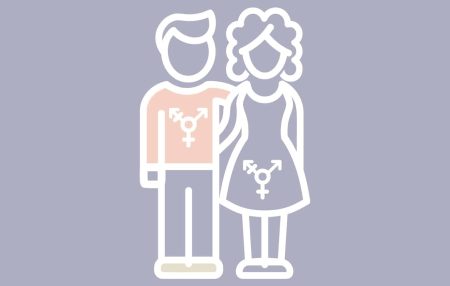9 November 2020
The Covid-19 pandemic shows little sign of abatement as it continues to cause disruption, loss and death around the world. More than 1.26 million people have now sadly died from Covid-19 according to Johns Hopkins University. We have seen confirmed coronavirus cases exceed 50 million in recent weeks. Europe, with more than 12.5 million cases and 305,700 deaths, is once again a hotspot during this second wave. The UK has experienced the highest number of deaths in Europe reaching 49,044 fatalities as at 9 November 2020, triggering second national lockdowns. France has experienced 40,439 fatalities and entered a second lockdown in its quest to curb the spread of the virus. In the US just under 10 million have tested positive for Covid-19 and 238,000 people have now died from the virus.
Updated HFEA statement on fertility treatment services
In light of the intensification of the Covid-19 pandemic and England’s decision to implement a second nationwide lockdown on 5 November 2020 for a month, the HFEA issued updated guidance for the delivery of fertility treatment services on 2 November 2020 stating:
“At this current time we have no plans to implement a national closure of fertility clinics. HFEA licensed clinics have incorporated safe ways of working for patients and clinic staff during the ongoing pandemic as set out in their Treatment Commencement Strategy in May 2020.
At this time, none of the governments across the UK are suggesting that patients should postpone treatment – for example the updated guidance coming into force on Thursday in England includes permission to be outside your home “for any medical concerns, reasons, appointments and emergencies.”
This is welcome news for fertility patients and avoids the temporary cessation of fertility treatment services which caused significant distress, delay and misery during the first wave of the virus earlier this year. However, the HFEA has made it clear that it expects licensed fertility clinics to minimize impact on the wider NHS, for example by minimising referrals to emergency care. It states that clinics should consider implementing a freeze all strategy for patients at higher risk of referral and assess patients to identify those at greater risk of requiring NHS care. Additionally, it expects any fertility clinic referrals to an NHS facility other than their own clinic to be reported through the HFEA incident reporting system. Furthermore, it expects clinics to continue to follow professional and local guidance and to notify the HFEA immediately if there is a local decision to suspend the services they provide.
Fertility Treatment Law issues
Notwithstanding the continued delivery of fertility treatment services in the UK, the ongoing Covid-19 pandemic creates a variety of legal and wider issues for those seeking to undertake fertility treatment and assisted conception.
Specialist fertility and family law advice helps navigate evolving fertility treatment and family building outcomes. It can create a bespoke family building legal and practical action plan to help preserve and maximise individual fertility, understand options and make better informed decisions about conception, family creation, biological identity and legacy and legal outcomes if life does not go to plan. It also helps effectively navigate many complex fertility and family law issues, including:
- Legal issues and options where women face rapidly declining age-related fertility and loss of opportunity for conception (e.g. fertility preservation and maximisation, management of existing personal relationships and implications of using donor gametes).
- Difficulties with storage and use of frozen eggs, sperm and embryos in fertility treatment in the UK (e.g. lack of consent and expiry of storage terms).
- Issues associated with import of frozen gametes and embryos into the UK for use in fertility treatment and surrogacy (e.g. due to anonymous and commercially obtained gametes and embryos which engage UK public policy restrictions).
- Issues associated with the export of frozen gametes and embryos abroad for use in fertility treatment and surrogacy (e.g. lack of consent and storage term difficulties).
- Unexpected death of a loved-one and related issues associated with posthumous storage and use of eggs, sperm and embryos in fertility treatment (e.g. due to an accident, illness including Covid-19).
- Options and legal issues associated with fertility preservation and maximisation (e.g. due to illness, change in personal circumstances, delayed parenthood).
- Uncertainty around availability of egg and sperm donors and surrogates.
- Delays in medical diagnosis and consequent treatment and associated impact on individual fertility.
- Issues associated with assisted conception using gametes or embryos involving a known donor, co-parent or surrogate (e.g. legal parentage, financial responsibility and dispute mitigation).
- Care and upbringing of children following a dispute with an ex-partner, parent, donor or surrogate.




